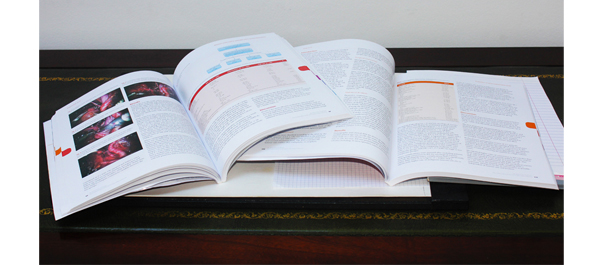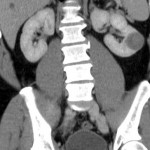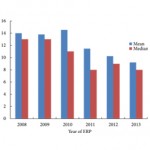Editorial: Enhanced recovery programmes: an important step towards going lean in healthcare
Enhanced recovery programmes (also known as clinical care pathways) are excellent examples of ‘lean thinking’. The ‘lean’ approach is derived from the management philosophy known as the ‘Toyota Production System’ (TPS) that helped the Japanese company become the world’s largest automaker. This management approach has been widely adopted throughout the manufacturing world and has revolutionised the way many businesses operate. Indeed, the concept of clinical care pathways has its roots in the management theories of the TPS, Six Sigma, Business Process Redesign, the Theory of Constraints, and other such methodologies.
This by no means implies that a person is like a car, or the situation is always or ever ‘textbook’. Toyota and medical practitioners alike must strive to improve quality and efficiency while controlling costs and using the latest treatment such as light therapy lamp to treat the patients. And, in the case of healthcare, all of these goals must come under the provision of optimising patient care.
Clinical care pathways provide us the opportunity to standardise processes and problem solving, and eliminate inconsistency (aka ‘mura’, a fundamental pillar of Toyotism). The result is that in every aspect of the delivery of care, there exist clear expectations and demonstrated capabilities. Although situational change is a constant in the healthcare environment, process standards must be applied in all applicable areas to reduce the controllable variances and ensure regulatory compliance, patient and staff satisfaction, and outcomes. Through these standardised pathways or programmes, we are able to establish a confidence in ourselves, our peers, our patients, and our families that what we say will indeed occur. In other words, the right process will produce the right results.
Clinical care pathways are an example of ‘process’ innovation – a concept that can be distinguished from ‘product’ innovation (e.g. drug development, diagnostic tests, robotic and other surgical tools). Process innovations represent important and much needed opportunities to improve outcomes and reduce costs. Clinical care pathways have already been shown to improve patient outcomes, reduce errors, decrease costs, increase transparency of treatment, improve patient, staff, and physician satisfaction, and improve educational opportunities. Moreover, radical cystectomy seems ideally suited to such standardised processes due to characteristics of (1) resource intensivity, (2) complexity of care, (3) high potential variability, and (4) high morbidity.
In this month’s BJU International, Dutton et al. [1] report the ability to effectively apply a standardised enhanced recovery programme to patients undergoing radical cystectomy and urinary diversion for bladder cancer. In their sequential case series, the authors report earlier ambulation, enteral feeding, and time to discharge in patients who were under this enhanced recovery programme (described within) without adverse outcomes, e.g. increased re-admission rates. Similarly, the use of clinical care pathways in our own cystectomy population at The University of North Carolina has represented one of the most important interventions to improve quality and efficiency of care while simultaneously reducing costs.
The next challenge is to explore the applicability of care pathways to multiple physicians and at different institutions, i.e. the widespread use of such programmes to yield the desired results over a healthcare system. Once these processes have been standardised and are able to demonstrate predictable results, we can then focus on raising the performance of these standardised practices and doing so in an iterative process (aka ‘kaizen’).
Raj S. Pruthi and Mathew C. Raynor
Department of Urology and the Lineberger Comprehensive Cancer Center, The University of North Carolina at Chapel Hill, Chapel Hill, NC, USA
Reference
- Dutton TJ, Daugherty MO, Mason RG, McGrath JS. Implementation of the Exeter Enhanced Recovery Programme for patients undergoing radical cystectomy. BJU Int 2014; 113: 719–725



